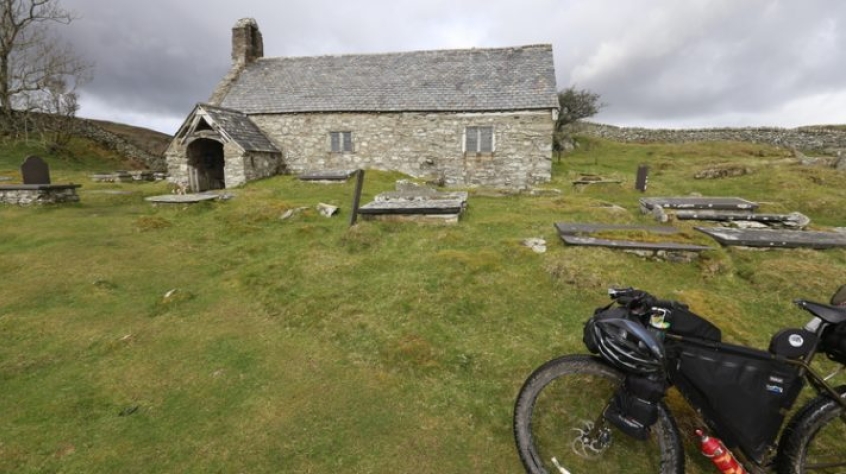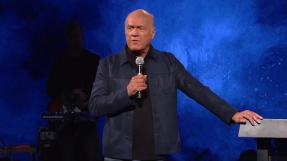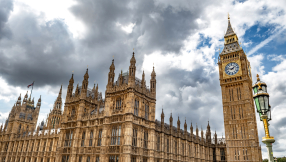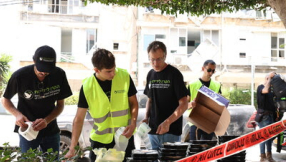
A new tourism scheme is to offer a financial lifeline to rural churches fighting for their survival across Wales.
The SpiritCymru project will see churches and chapels open up as accommodation along popular cycle routes.
The joint venture by the Church in Wales and Ceredigion businessman James Lynch has been launched at the start of the Welsh Government's Year of Discovery tourism campaign.
In addition to active churches, the doors of those that no longer have a congregation will once again be opened to offer overnight accommodation to touring cyclists.
The scheme is the brainchild of Mr Lynch, founder of sustainable holiday company fforest, and is being supported by the Welsh Government's Tourism Product Innovation Fund.
The churches will be fitted out with sleeping stalls and 'services built for cycling', with bookings expected to open in the autumn.
'We know that there are some 800 chapels and churches in the rural and coastal communities of Wales – many of which are facing an uncertain future,' said Mr Lynch.
'SpiritCymru will celebrate and promote the heritage values of these beautiful buildings and provide a new sustainable model for continued community engagement and use.'
The head of Property Services at the Church in Wales, Alex Glanville, said: 'This is an exciting opportunity to work in partnership with fforest to find a new, innovative purpose for churches that have been closed.
'These buildings remain special places which will find a new audience through SpiritCymru.'
The steady decline in attendance - and the income it brought through offerings - has forced many churches across the UK to find new ways to stay open.
In 2015, the Churches Conservation Trust launched 'Champing' - camping in historic church buildings that no longer offer services but which are still consecrated. The initiative is a creative take on the glamping trend, with rural churches in beautiful settings providing comfortable and quirky accommodation.
Other tourist-focused ventures have focused on putting churches on the map as places to visit for their historical and architectural value.













